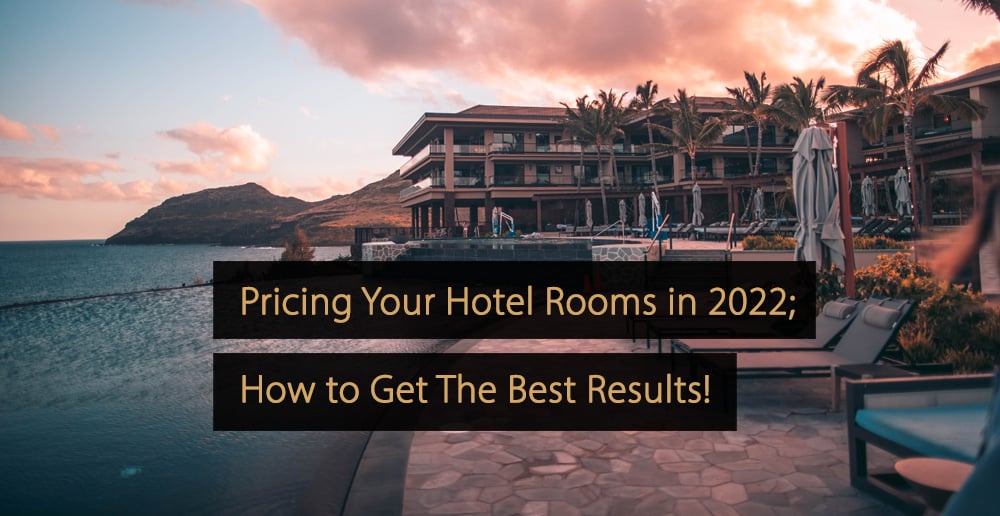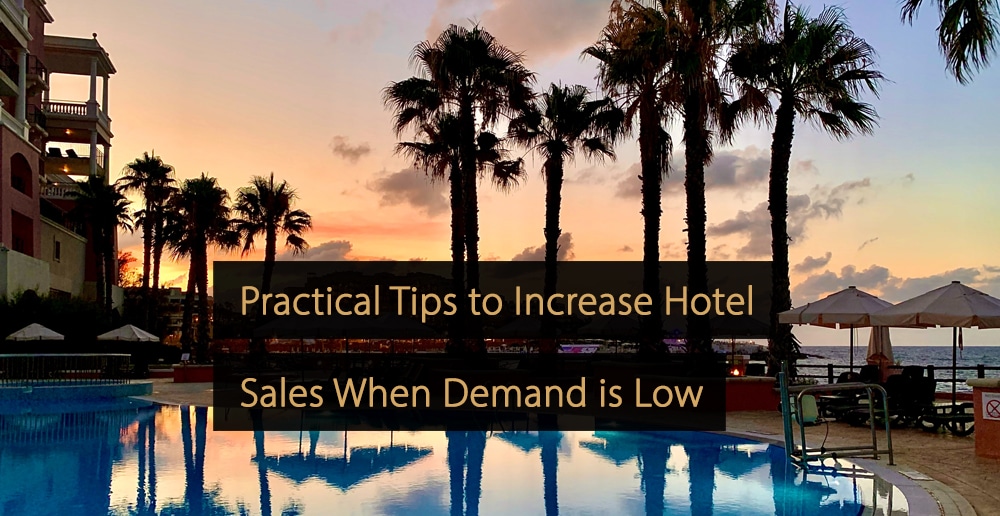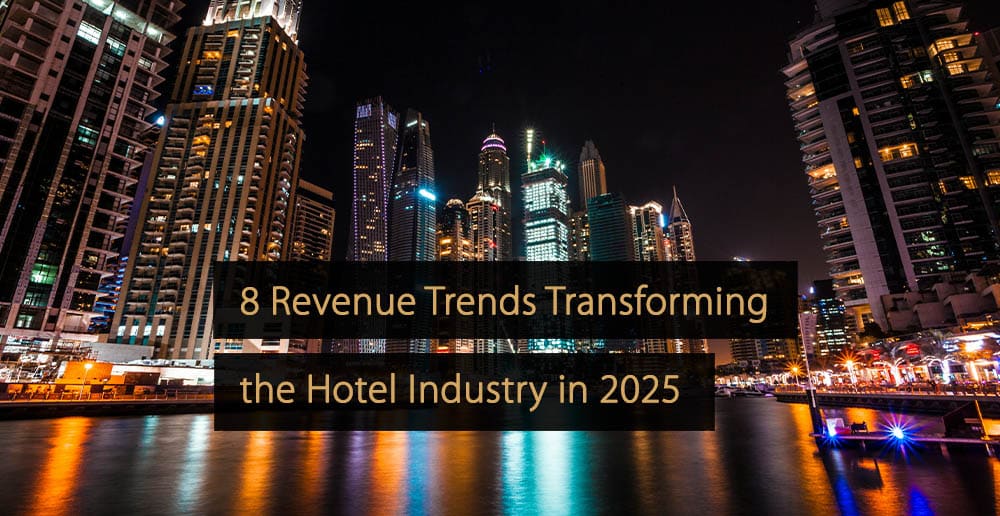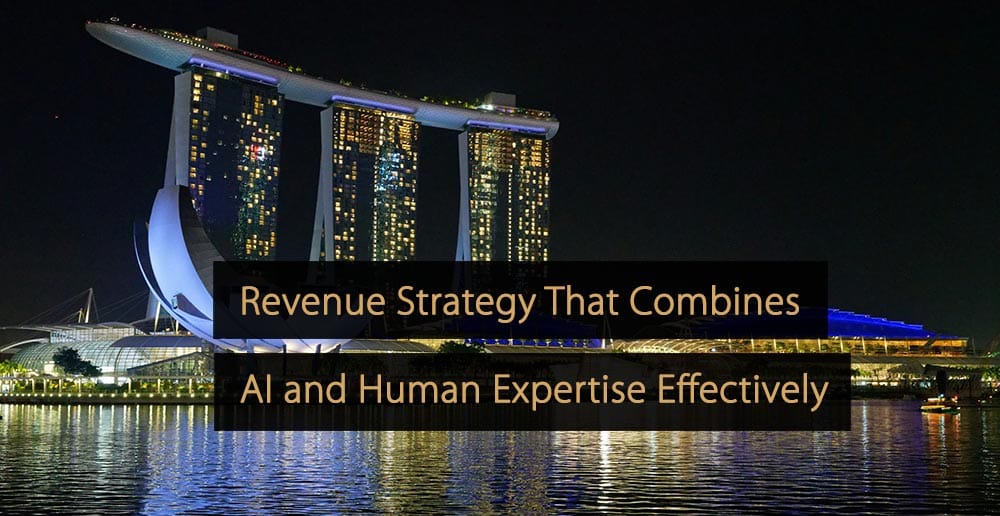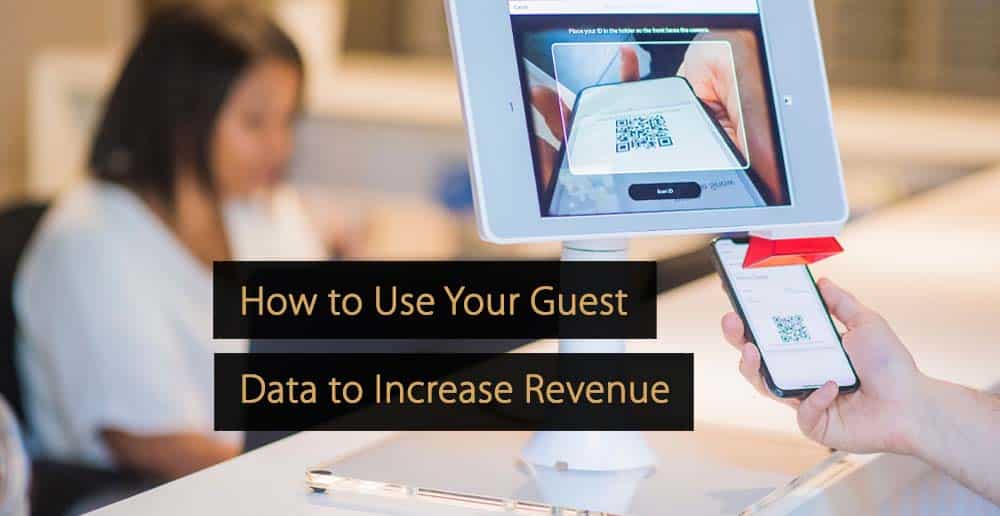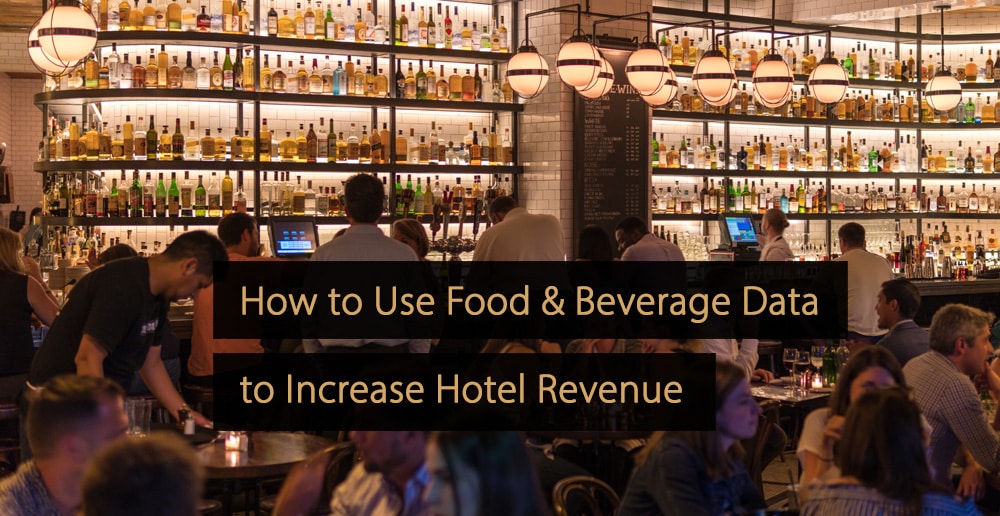Pricing Personalization & the Future of Hospitality
Pricing personalization allows hotels to move towards total profit optimization by combining the power of the guest profiles in your CRM with revenue management forecasting to deliver the right price to the right guest at the right time during the guest journey. Guests Have Increased Expectations for Personalization Personalization is an evolving topic within the hospitality industry, from technology and guest perspectives. Over the last few years, especially with the influx of online shopping, guests
Pricing Your Rooms in 2022 – Getting The Best Results in Times of Uncertainty
Cast your minds back to midnight on new years eve. You probably weren’t thinking about your room pricing. But if you had been, would you have felt confident about how demand will play out this year? How much would you bet on being right? If you are in charge of setting prices for a hotel, then a lot of money can depend on not getting it wrong. Usually, given the data from previous years, you
Which Matters Most for Winning Guests – Price or Loyalty?
Regardless of who you are, competition in the hospitality industry is increasingly fierce, and winning new customers is a major challenge even for experienced hoteliers. So, what makes the most significant difference in getting guests to stay at your hotel versus the one down the street? Is it the price? Is it the chance to benefit from a personalized loyalty program? The answer—perhaps somewhat unsurprisingly—is neither, or rather, both. It Isn't About Focusing Heavily on
Practical Tips to Increase Hotel Sales When Demand is Low
In a low-demand context, hotels must focus on maximizing their conversion rate. A proactive sales strategy augmented by Artificial Intelligence (AI) proves instrumental in navigating these difficult times. Practical Ideas to Increase Direct Conversion Rates In these low-demand times, every reservation counts. Just making hotel direct booking easy from a technical perspective is not enough. To increase conversion, you must convince hesitant customers and ensure no potential customer leaves your website without booking. This article
How Much Revenue Could Your Hotel Make From Upselling?
Upselling is a great way to boost both your guests’ experience and your revenue through paid upgrades and ancillary services. In this article you will learn how you can calculate additional revenue, made by upselling. Additionally you find a handy tool to help you to estimate the potential. Success Factors for Upselling A recently published benchmarking report shows that elements like property type (e.g. resort, downtown hotel, hostel…) and location (e.g. mountains, beach, downtown…) strongly impact
8 Revenue Management Trends Transforming the Hotel Industry
The hotel industry in 2025 is undergoing a profound transformation, driven by technological advancements, shifting guest expectations, and the demand for sustainable practices. Revenue management has become a cornerstone for success in the hospitality sector, leveraging data and innovation to maximize profitability. 8 Revenue Management Trends Transforming the Hotel Industry This article delves into the top trends reshaping revenue management in 2025 and how hotels are adapting with forward-thinking strategies. 1. AI and Machine Learning
Redefining Revenue Strategy: When AI and Human Expertise Work Together
In a world defined by uncertainty, data gaps, and increasingly complex demand patterns, one truth stands out: automation alone isn’t enough — nor is relying solely on manual processes. The future lies in a Hybrid Revenue Management Strategy, where intelligent systems handle the heavy lifting while human insight fine-tunes the results. Incorporating Local Knowledge Into the Algorithm: The Role of Event Insights Every revenue leader understands that events fuel demand — yet these often don’t
How to Write a Restaurant Description: A Complete Guide
How to write a restaurant description is a concept at the center of every great culinary experience. A well-crafted description lets you attract guests and enrich the experience of regulars. Succinctly describing your establishment is vital to success in today’s competitive market. In this article you’ll learn how to create
How to Use Your (Guest) Data to Increase Revenue?
The recent years with a turbulent and unpredictable market have made hoteliers used to dramatic change. Guest booking behavior and previously established travel patterns have been replaced by new ones belonging to a hotelier's daily challenges. New travel trends and changing guest behavior are here to stay; they must act
How to Use Food and Beverage F&B Data to Increase Hotel Revenue
Food and beverage (F&B) data is considered a gold mine in the hospitality industry. From the moment your guests make an online reservation, to the time they leave your restaurant, your POS system or an advanced reservation platform generates valuable guest data. In this article, you'll learn how to use
How To Upsell Throughout the Traveler Journey (+5 Best Practices)
Upsells are a simple, straightforward way to drive more revenue, increase engagement, and build customer loyalty. Implementing the right upsell strategy can improve the guest experience and your bottom line. Lodging businesses that leverage the power of upsells can increase guest satisfaction by allowing guests to customize their stay, build
How to Trigger Dopamine to Maximize Your Hotel’s Direct Revenue
If you're a hotelier struggling to improve your website conversion rates, you're not alone. Maximizing hotel revenue through direct bookings is crucial, and a little something known as “dopamine” could be the key. In this article, we'll explore the connection between dopamine and positive online experiences and how personalization can
How to Start Hotel Business: 10 Steps for Launching a Successful Hotel Business
Deciding how to start a hotel business is always complex. There are many factors to consider: the location, the type of hotel you want to run, the clientele you want to attract and the services you plan to offer, and more. In this article, you'll discover everything you need to


